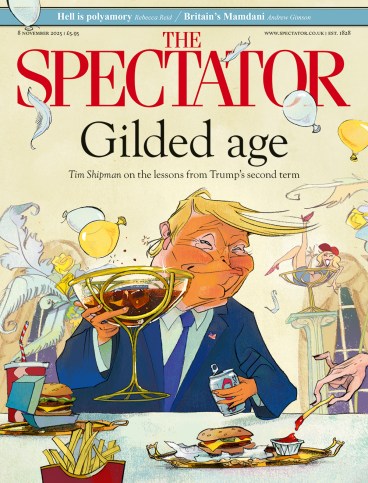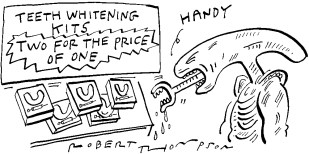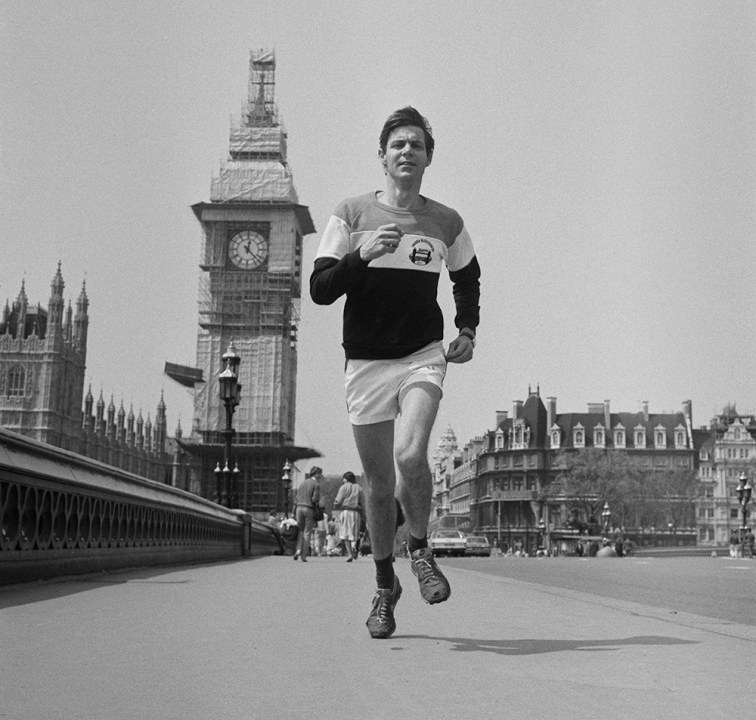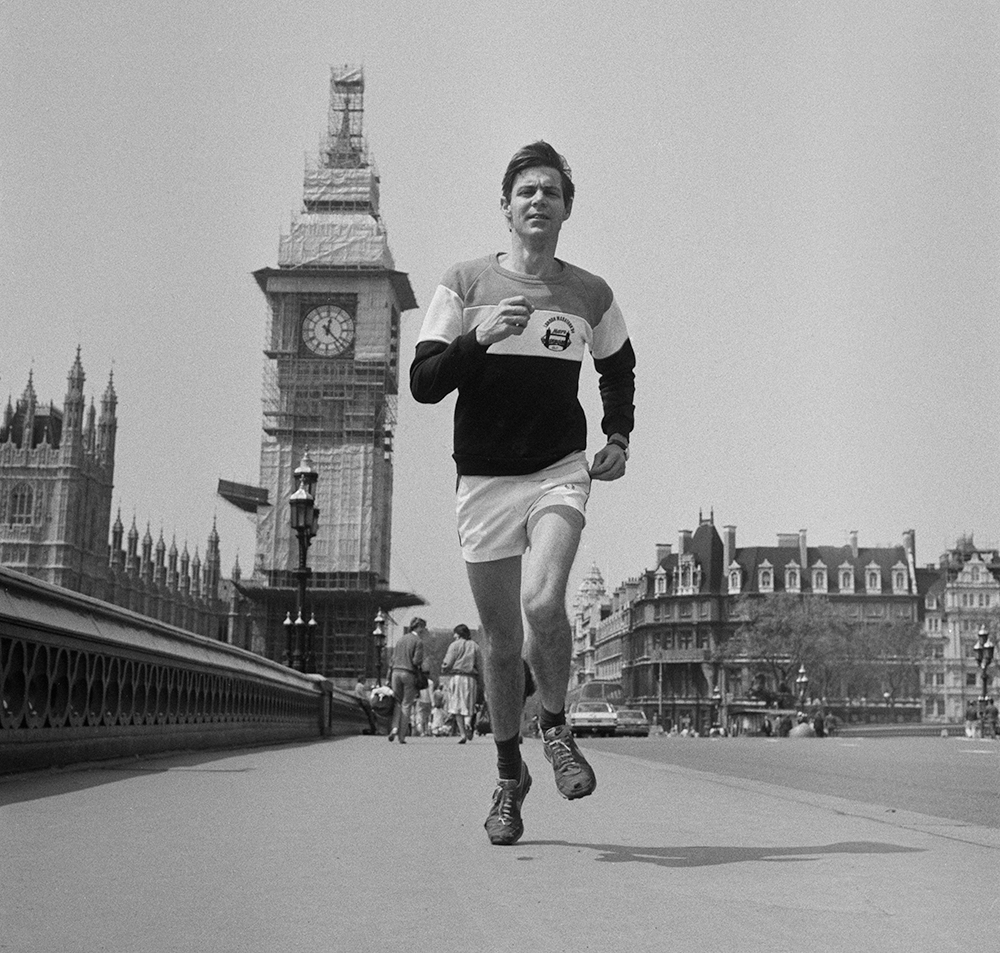
On a long flight there’s an instant, and perhaps you’ve noticed it, when a very slight alteration in the pitch of the engine occurs. Some considerable time remains before the ‘prepare for landing’ announcement, but from this point on the plane’s trajectory will be gently back to earth. Within the cabin we sense no sharp adjustment of tilt, but something has changed.
From the moment when, in Nicosia in 1955, General Sir John Harding spoke to me at the Christmas party he gave for British children in Cyprus, I had wanted to be, like him, the governor of a colony. I was six. My head was bandaged. The governor seemed concerned. He was soon himself narrowly to escape an assassination attempt by the Greek Cypriot terrorists trying to drive Britain from the island, but the bomb under his and Lady Harding’s bed failed to detonate. Explosions were frequent, though, and Harding was popular among British residents (and Turkish Cypriots) for the hard line he was taking. There were hangings.
The obvious hit me. This is it, now. There’s no Bigger Thing that’s ever going to come within my grasp
The governor bent down and asked gently if I had been in the wars. I explained I had fallen off my new (first) bike. He patted me on the shoulder. He and Lady Harding moved on through the throng.
Within me, the ambition to be a governor was born.
I wrote to the Colonial Office aged about ten, asking how to put myself on this path; and received a kindly reply explaining that by the time small boys were ready to be governors there might not be many British colonies to be governor of – and perhaps I should consider the Foreign Office instead. Well, I thought, if not a governor, one could be a British ambassador. I determined instead on this road to glory. Invited to join MI6, I had briefly contemplated becoming a master spy, but as an undeclared gay man, cogent reasons occurred to me for not pursuing this path.
Entering the Foreign and Commonwealth Office in 1975, I was (I felt) now well on my way to the Residence in Washington, Paris or Rome. It took me a couple of years to accept that, however distinguished the FCO machine, my talents as a cog were limited. I wanted to be the driver: so how about prime minister? Accordingly I took a job at the Conservative Research Department, and then in Mrs Thatcher’s office: a hoped-for launchpad to a parliamentary seat.
Entering the House of Commons in 1979, I had concealed my Downing Street ambitions, telling the West Derbyshire Conservatives that home secretary would do. You laugh, and are entitled to, but most of those who run for parliament have these undeclared fantasies. Elective politics beckons those with the mild form of mental illness that imbues its victims with a vastly exaggerated estimation of their talents and their chances.
However, after seven years without even a foot on the parliamentary career ladder, and offered the job of being a TV star like Robin Day and becoming the foremost television presenter of my generation, I lowered my sights, quit the parliamentary bush and accepted the bird in the hand.
At TV interviewing I wasn’t bad at all, but soar-away success eluded me, my show was axed and, seeing no ladder to climb aged 40, I slid down a snake and accepted the job of parliamentary sketchwriter for the Times. This went well, and I was close to accepting that the gods had given me only a minor talent. But while toiling rather happily at my newspaper and becoming a columnist both there and here at The Spectator, I was still teased by daydreams of the plumed hat and the grateful cheers of the populace of a British Overseas Territory, of which there did remain a few.
By then I had got to know and respect David Cameron, so in his company one day when he was prime minister, I felt bold enough to mention my gubernatorial ambitions, making clear that even a small territory like Montserrat – half of which had just been obliterated by volcanic ash, shrinking it further – would be fine. He just laughed. And thus even my dreams of ashes turned to ashes. I returned to my day-job.
And I love writing for the paper, for this magazine, and broadcasting for BBC radio; and hope to be kept on for a few more years. So all is well. Wonderful partner; enough money even if I’m not rich; good friends; two cave houses in Spain; pretty good health (deus volens); frequent and exciting foreign holidays; and the great treasure of the loveliest house and fields and wood I could ever have hoped for.

But there’s something which must have stolen into my unconscious ages ago, but only surfaced in the conscious mind last month. In the small hours I was lying awake as one sometimes does, with enough going through one’s head almost to make the pulse race. And the obvious hit me. This is it, now. This is all I’m going to do. There’s no Bigger Thing that’s ever going to come within my grasp.
The pitch of the jet engines changed.
The end of the flight – the landing – is still (I hope) a good way off. And with luck the rest of the journey should be great fun. I’m enjoying life much more than when I was anxiously ambitious as a young man, or disappointedly ambitious in middle age. But from now it is, in the gentlest of senses, downhill.
There is, I confess, just a touch of melancholy as the dreams slip away, but melancholy has mellow pleasures. And though I’ve been writing here about myself, the settling realisation that this is it, this is all and there’s no new big thing to come must have been the experience of billions since the dawn of man. Human beings are very good at lowering our sights when the early aim looks unachievable. We adapt. Even death, as we approach it, loses its sting – though when young I never imagined it could.
Quick, then: another glass of brandy before the seat-belts sign is switched on.









Comments